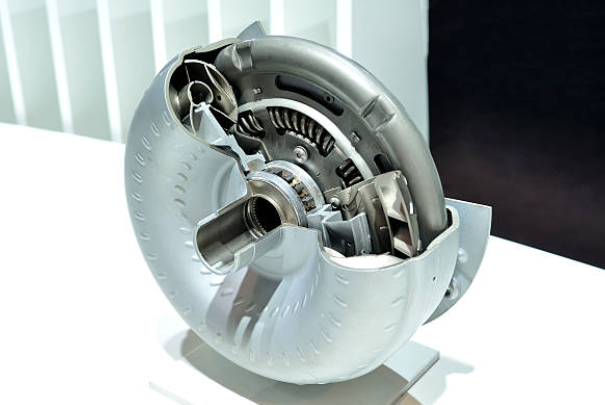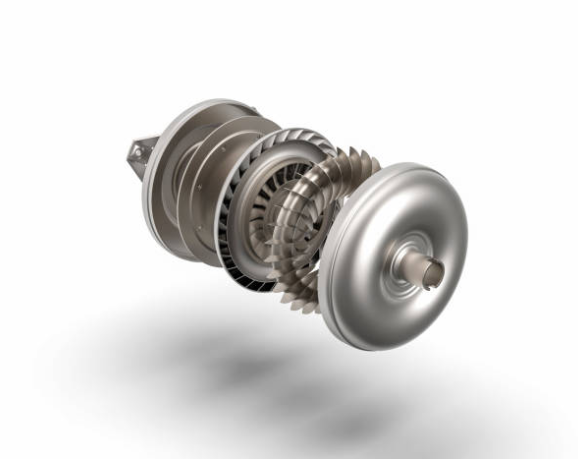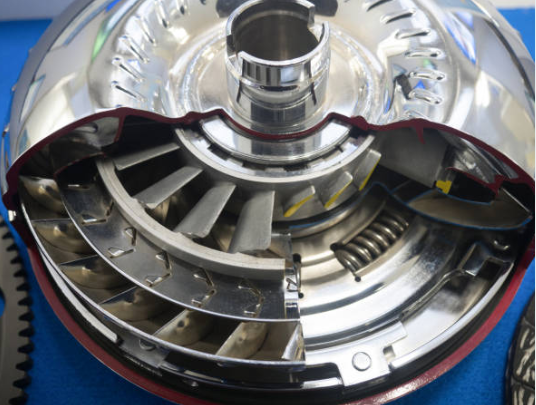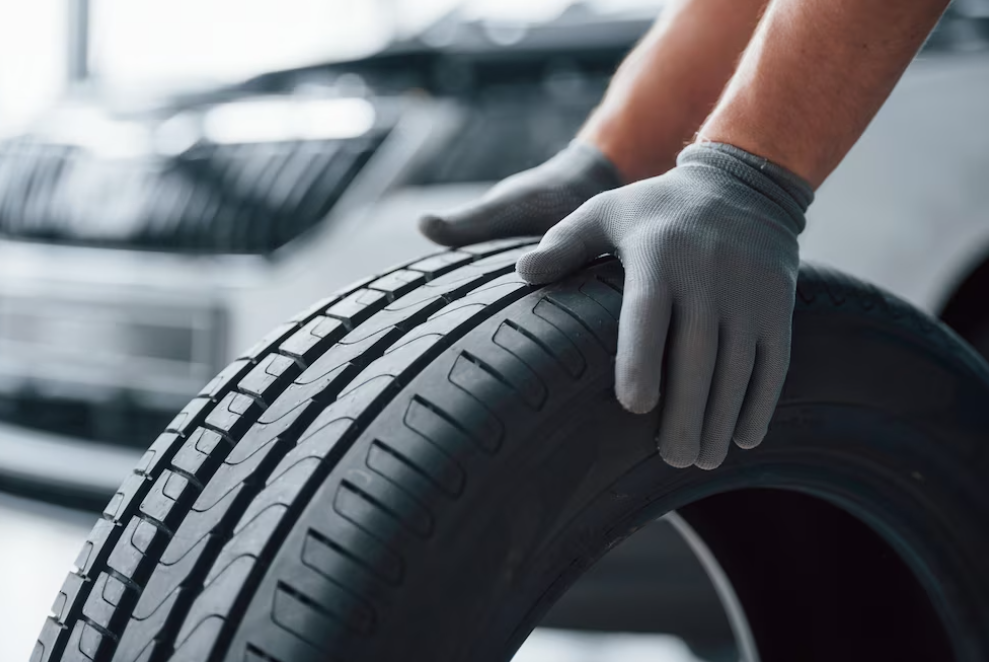Exploring the Function and Importance of Torque Converters
A torque converter is one of the most crucial parts of any system that employs torque. Systems ranging from industrial machinery to car gearboxes use torque converters. Whether you drive a stick shift or an automatic, your vehicle's transmission contains a torque converter to transfer power smoothly between the engine and the wheels. It’s also common in hydraulic systems where it works by converting mechanical energy into hydrostatic energy for power transmission. In this blog post, we will look at how these converters work and why they are so important when it comes to powering all types of machinery!

What is a Torque Converter and How Does it Work?
A torque converter functions as a fluid coupling, allowing for smooth and efficient acceleration. Comprised of the impeller, turbine, and stator, the torque converter operates based on fluid dynamics. The impeller, driven by the engine's crankshaft, accelerates transmission fluid, creating a flow directed towards the turbine. The force of the fluid on the turbine causes it to rotate, transferring power to the transmission's input shaft. This fluid-based power transmission enables the torque converter to multiply torque, resulting in seamless acceleration. The torque converter's ability to adapt to varying engine speeds and provide smooth power delivery makes it an essential component in automatic transmissions, enhancing overall vehicle performance and drivability.

Torque converters offer numerous benefits that contribute to the overall performance and driving experience of vehicles with automatic transmissions. Their ability to provide smooth and seamless acceleration, especially from a standstill, eliminates the need for manual clutch engagement and ensures a jerk-free start. Additionally, torque converters possess torque multiplication capabilities, enabling enhanced low-end power for towing or climbing steep inclines. The flexibility provided by torque converters allows engines to operate independently of the transmission, resulting in effortless gear changes and smooth idling. This convenience is particularly advantageous in heavy traffic or stop-and-go situations. Furthermore, torque converters prevent engine stalls during idling or at stops, ensuring a continuous and stable engine operation. With their heat-absorbing properties, torque converters also aid in engine cooling, preventing overheating and maintaining optimal temperatures. Ultimately, torque converters significantly improve drivability, provide a comfortable ride, and offer versatility in a variety of driving conditions.
Slipping Gears: If you notice your transmission slipping in and out of gear or a delay in gear engagement, it could be a sign of a faulty torque converter. Slipping gears can result in a loss of power and inconsistent acceleration.
Shuddering or Vibrations: A failing torque converter may cause noticeable shuddering or vibrations, especially during acceleration or at higher speeds. These vibrations can feel like driving over rumble strips or an uneven road surface.
Overheating Transmission: A malfunctioning torque converter can lead to increased friction and heat generation within the transmission. If you consistently notice your transmission overheating, it may be a sign of a failing torque converter.
Increased Stall Speed: If you observe that your engine's stall speed, i.e., the RPM at which the torque converter engages, is higher than normal, it could indicate a problem. Higher stall speeds can result in poor low-end power and sluggish acceleration.
Transmission Fluid Contamination: If you inspect your transmission fluid and notice a burnt smell or discoloration (dark or murky appearance), it could suggest internal damage within the torque converter. Contaminated fluid is a clear sign of a potential torque converter issue.
Strange Noises: Unusual noises coming from your transmission, such as grinding, whining, or clunking sounds, could indicate torque converter problems. These noises typically occur during gear shifts or when the torque converter is not engaging properly.

To extend the lifespan of your torque converter and maintain the performance of your vehicle's automatic transmission, it is essential to follow a few key tips. First, regularly check and maintain the proper fluid levels in your transmission to ensure adequate lubrication. Additionally, use the correct type of transmission fluid as recommended by the manufacturer. Adhering to the recommended service intervals for fluid changes and overall transmission maintenance will help prevent contaminants and ensure optimal performance. It's crucial to avoid excessive heat by driving conservatively and considering the use of an auxiliary transmission cooler when necessary. Gentle acceleration and braking, proper towing techniques, and avoiding "neutral drops" are also important for reducing stress on the torque converter. Finally, regular inspections by a qualified professional will help detect any early signs of torque converter issues and address them promptly. By following these tips, you can prolong the life of your torque converter and enjoy a reliable and smooth transmission experience.
-
What are the benefits of a torque converter?
Torque converters offer smooth and seamless acceleration, torque multiplication for improved low-end power, and flexibility in driving conditions. They eliminate the need for manual clutch engagement, provide a comfortable driving experience, and prevent engine stalls during idling or at stops.
-
Can a torque converter fail?
Yes, torque converters can fail or experience issues over time. Common problems include slipping gears, shuddering or vibrations, overheating transmission, increased stall speeds, and strange noises. If you experience any of these symptoms, it may indicate a faulty torque converter.
View another article here: The 10 Best ATV Goggles For Off-Road Excursions










